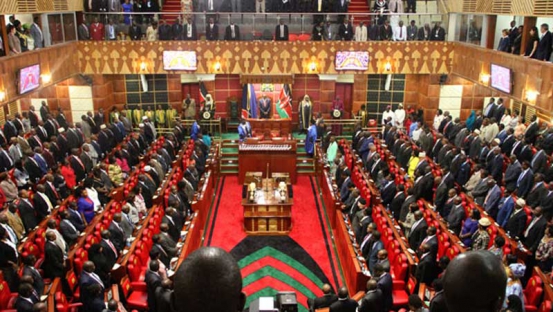
It is an old story that elicits anger every time it is written: MPs passing laws for their personal benefit, while the millions of Kenyans they represent struggle with the high cost of living.
After more than four years of shilly-shallying, the lawmakers have dusted off a controversial law from the shelves and spruced it up. With just 15 parliamentary days left before they take their final break for campaigns, the MPs want to reform the Parliamentary Service Commission (PSC) through the Parliamentary Service Commission Bill 2017.